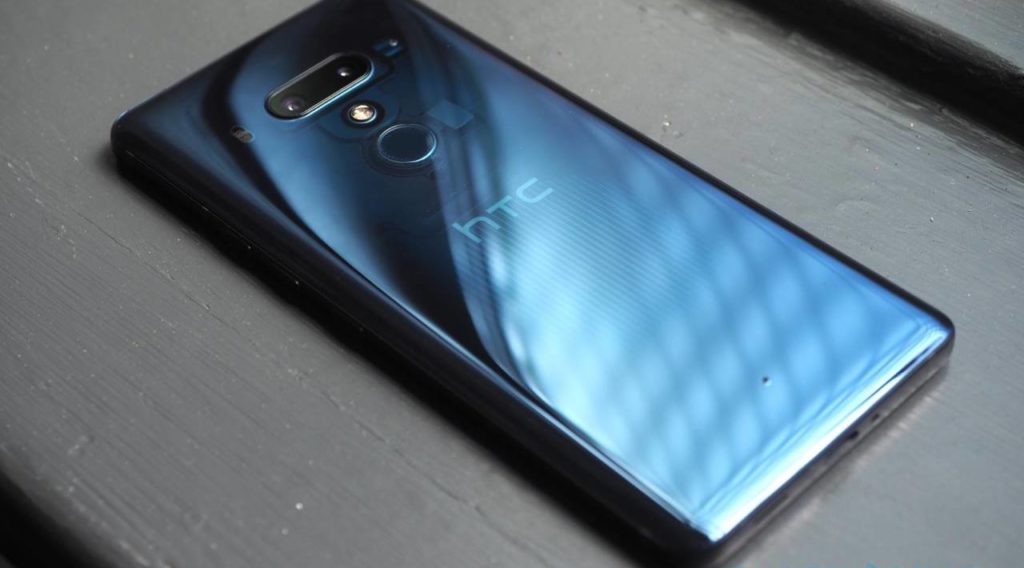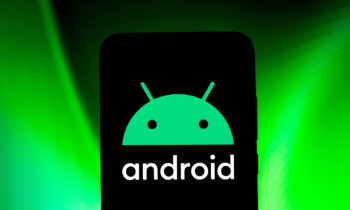
A while back, we welcomed HTC fellow benefactor and CEO Cher Wang to show up in front of an audience at TechCrunch Disrupt. Now and again, in any case, life occurs. Two weeks prior, the organization reported that Wang would step down from the job, which would promptly be filled by long-lasting telecom vet, Yves Maitres. Fortunately, the previous Orange executive likewise consented to show up in front of an audience at the current week’s occasion.
Maitres made that big appearance quickly following a one on one with OnePlus fellow benefactor, Carl Pei. The differentiation of the two organizations couldn’t be all the more obvious. In six brief long periods of presence, OnePlus has figured out how to avoid various industry patterns with a controlled development that goes against more extensive industry cell phone patterns.
HTC, in the interim, has been battling for quite a long time. In Q2, the Taiwanese equipment producer posted its fifth back to back quarterly misfortune. Last July, it laid off around a fourth of its staff. It’s been a steep fall. In 2011, the organization contained around 11 percent of worldwide cell phone deals, per expert figures. Presently its figures are routinely ordered among the “Others” in those reports.
Addressing Maitres at an occasion, for example, this offers an uncommon open door for understanding from a recently printed executive who has gone through years watching his new organization all things considered. In that capacity, he tended to HTC’s battles with a reviving genuineness.
“HTC has quit advancing in the equipment of the cell phone,” he told the group of spectators. “Furthermore, individuals like Apple, as Samsung and, most as of late, Huawei, have made a fantastic showing putting resources into their equipment. We didn’t, on the grounds that we have been putting resources into advancement on augmented reality. When I was youthful, someone instructed me, ‘to be directly at an inappropriate time is to not be right and to not be right at the correct time is correct.’ I think we’ve been directly at an inappropriate time and now we need to make up for lost time. We committed a planning error. It is extremely hard to foresee the time. HTC committed an error as far as timing. It is a troublesome error and we are paying for that, however despite everything we have such huge numbers of advantages regarding development, group and accounting reports that I feel we are recuperating from the planning botch.”
‘Timing,’ here, is fundamentally a reference to the organization’s choice to move a lot of its R&D cash into XR (principally VR through its Vive wing). Maitres said he envisions that HTC’s XR contributions will overwhelm the portable side in around five years.
“We’ll give a valiant effort to make it shorter, however client appropriation is critical,” he clarified. “How individuals are embracing your innovation. What’s more, we as a whole know realize it is completely basic. What’s more, the day’s end, we have people before us, and they’re managing something all out new and absolutely strange, which is virtual.”
On the portable side, Maitres sees 5G as the essential bottleneck to development. In spite of recommendations that the organization’s best play is in creating countries, he says HTC’s play going ahead will be increasingly premium handset concentrated on “nations with higher GDP.”
“The challenge is transforming,” he says. “We’re all having a circumstance where overall marketshare is going down and the client is disillusioned in not being to have the most recent Huawei telephone any longer. The most effective method to enable our clients to return to what they wish, as far as top tier equipment and photography that HTC to will to fathom in the following couple of months.”
While figures will to a great extent be reliant on choices Brough to HTC’s board, Maitres keeps up hopeful projections with regards to restoring the organization gainfulness.
“I really accept that it will rely upon the manner in which transporters send 5G,” he says. “What’s more, you realize that 2020 will honey bee the beginning stage for 5G. Normally it takes two years to send a system. So 2023 will have noteworthy inclusion. That is the reason I accept that 2025, most likely much prior will be the defining moment. We are reliant on bearer sending speed.”
Disclaimer: The views, suggestions, and opinions expressed here are the sole responsibility of the experts. No Opinion Bulletin journalist was involved in the writing and production of this article.


